As you can see by perusing the Primary Pulse at the Gem State Chronicle, many organizations have declared their endorsements for legislative candidates this year. I am adding as many as I can. Some, such as Idaho Freedom PAC (IFPAC), have a convenient single-page list of candidates it supports. Others, such as the Professional Fire Fighters of Idaho (PFFI), do not, making adding them more difficult.
I’ve heard it said that being endorsed brings 50% of the endorser’s supporters and 100% of their enemies. So why engage at all? There are generally two reasons why an organization will endorse a candidate for public office:
- The candidate supports the organization’s values, so it wants to use its influence and cachet to help that candidate win
- The organization wants to curry favor with a candidate likely to win in hopes that he or she will listen to its concerns
Keep in mind that the concerns of the leadership of a professional or political organization do not necessarily reflect the concerns of the rank and file members of that organization. Recall the leaked legislative update from the PFFI that showed its biggest concerns to be issues related to unions rather than fire safety. It stands to reason, therefore, that the PFFI endorses candidates who will support the needs of the union itself. When organizations have narrow legislative goals, such as supporting unions, subsidizing businesses, or restricting abortion, their endorsements can come across as contradictory.
For example, Idaho Chooses Life (ICL) endorses incumbents who have voted for certain bills that the organization believes are important, but as I recently explained that can lead to situations where money and support goes to candidates who support things like child gender mutilation so long as they voted correctly on ICL’s bills.
Many political organizations share connections and even personnel. Stop Idaho RINOs (SIR) has endorsed legislative candidates, as has Think Liberty Idaho PAC, but the two appear closely related, as does Canyon County Conservatives, which shares the same treasurer as SIR. In North Idaho, Bonner Votes appears to be related to Politically Active Christians, featuring a video from the latter on its website.
Each organization has different methods for delivering endorsements. Some interview candidates, either in person or via questionnaire, while others are only concerned with incumbents who vote the right way.
The National Rifle Association’s Political Victory Fund (NRA-PFV) recently graded candidates based on their responses to surveys and their support for pro-gun legislation. It appears that the NRA gave out endorsements to incumbents who scored an A or higher, though that pattern does not always hold up. Both Reps. Matt Bundy and Megan Blanksma from LD8 scored the same, and both challengers scored the same as well, but Bundy received an endorsement while Blanksma did not. I can only speculate as to why this might be the case.
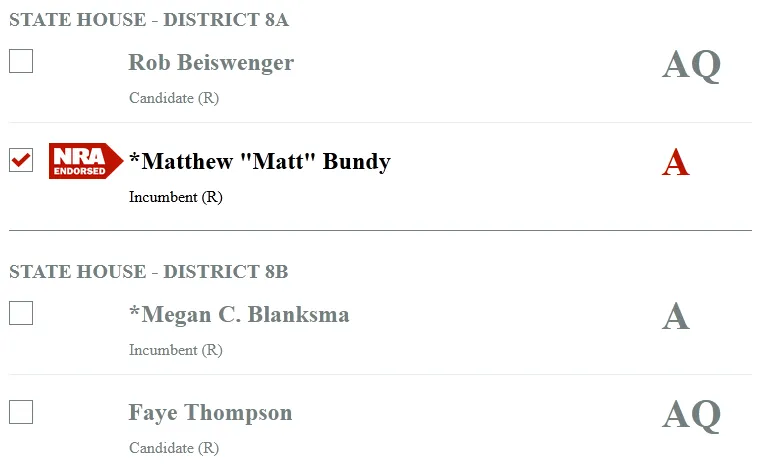
The Fraternal Order of Police (FOP) makes for an interesting case study. Conservatives naturally support law enforcement, so the FOP’s endorsements carry a lot of weight. The FOP is a national organization with chapters throughout the country which straddle the line between civic organizations and public sector unions. According to its website:
The Fraternal Order of Police was founded in 1915 by two Pittsburgh, Pennsylvania patrol officers, Martin Toole and Delbert Nagle. They and 21 other members of the Pittsburgh Police met on May 14, 1915, establishing the Fraternal Order of Police its first local, Fort Pitt Lodge #1. The FOP official history states that the founders decided to not use the term “union” because of “the anti-union sentiment of the time,” but nevertheless acted as a union, telling Pittsburgh mayor Joseph G. Armstrong that the FOP would “bring our aggrievances before the Mayor or Council and have many things adjusted that we are unable to present in any other way…we could get many things through our legislature that our Council will not, or cannot give us.”
Police departments in Idaho are not legally allowed to strike, but they can collectively bargain. My understanding is that the FOP acts like something in between a bargaining unit and a union. In any case, they wield considerable influence in state politics. The FOP got behind House Bill 407 this year, which created mandatory minimum sentences for fentanyl trafficking, and labeled opposition to the bill, even good faith questions about potential unintended consequences, as opposition to law enforcement in general. The message was clear: back the blue or back drug dealers.
The FOP has been actively endorsing candidates for a long time, but this year they have begun endorsing precinct committeeman as well. This seems to be an example of mission creep, as PCs are meant to represent their communities in the party, and are not involved in legislation regarding public safety. The PC endorsements I have seen thus far seem to mirror those of the Gem State Conservatives, which as you know is working on behalf of former Idaho GOP leadership to take back control of the party from grassroots conservatives.
Was this deliberate? Several PC candidates received this message from Ashley Brittain and Tyler Hurst of Gem State Conservatives:

I have heard from at least two candidates who returned the attached form but never received a reply from the FOP. I can only imagine what conversations went on behind closed doors.
Conservatives naturally give high honor to law enforcement personnel, so many voters might simply take these endorsements at face value. After all, who wants to vote against the thin blue line? However, as with all organizations in the endorsement game it’s important to dig a little bit deeper. Consider the position the FOP took in the 2018 gubernatorial primary:
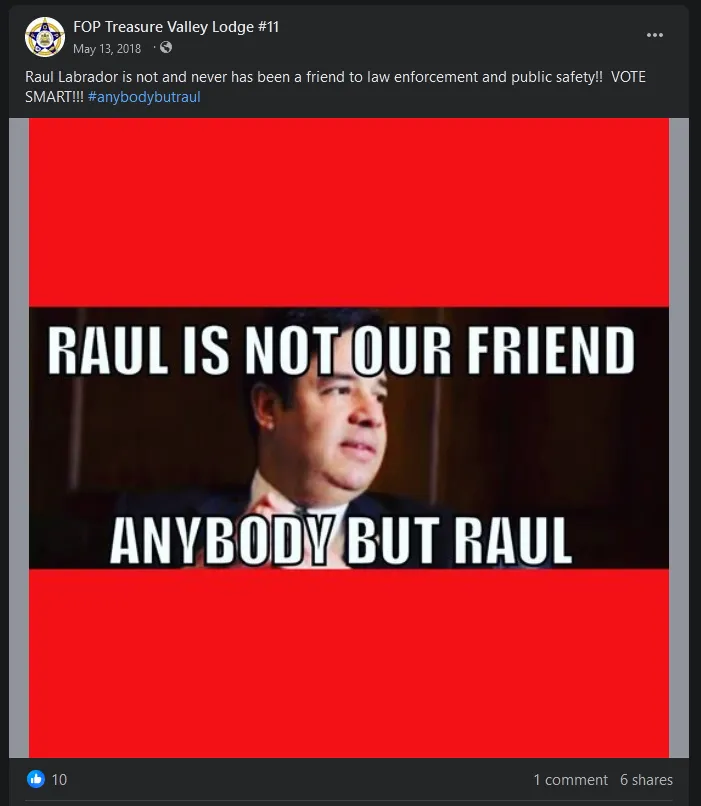
None of this is meant to impugn the rank and file members of law enforcement. If you decide to get into the political arena then you have to be prepared to take criticism for your statements and positions. One can support law enforcement in general, and officers and deputies in particular, while questioning the endorsements of their fraternal organization. Like PFFI, IACI, IFPAC, and the rest, once the FOP attaches its name and reputation to candidates and causes it’s fair game for voters to ask questions.
Speaking of IACI, the Idaho Association of Commerce and Industry is extremely politically active as well. Past chairmen of the organization include Gov. Brad Little and former Idaho GOP chairman Trent Clark, so the overlap between the business community and partisan politics is large. IACI has endorsed scores of candidates this year, including some Democrats in blue districts. While many Republicans still believe that the interests of business coincide with conservative principles, there is a growing skepticism of big business on the right which you can see borne out in IACI’s endorsements. While there is some overlap between endorsements by conservative organizations such as IFPAC and SIR and single-issue groups such as the Idaho Farm Bureau, there is little — if none — between conservatives and IACI.
Sometimes it is painfully obvious when organizations are endorsing a powerful incumbent for the sake of access rather than because that’s the best representative of the organization’s values. The American Federation for Children (AFC) is a nationwide group that advocates for school choice, of which Corey DeAngelis is a primary spokesman. AFC was behind the school choice tax credit bill which died in the House Revenue and Taxation Committee this year, so naturally they endorsed committee members who supported the bill, as well as sponsor Rep. Wendy Horman.
What about the Senate? There the AFC made some seemingly questionable choices, endorsing Sens. Chuck Winder and Julie VanOrden. Both voted against last year’s Education Savings Account bill, which was not backed by AFC. Perhaps the endorsing committee of AFC made a tactical choice to support the Senate President Pro Tempore and the chair of the Health & Welfare Committee rather than risk alienating them by endorsing their challengers.
The point of this piece is not to cast aspersions on any particular group. Everyone has the right to make their voices heard in the electoral process — my job here is to give you the tools to look just a little bit deeper. I hope that by including as many endorsements as possible on the Primary Pulse you will start to get a clear picture of the Idaho political environment and develop a greater understanding of the story behind each press release.
Paid subscribers click over to Substack for a bonus note. Not subscribed? You can change that today!
About Brian Almon
Brian Almon is the Editor of the Gem State Chronicle. He also serves as Chairman of the District 14 Republican Party and is a trustee of the Eagle Public Library Board. He lives with his wife and five children in Eagle.


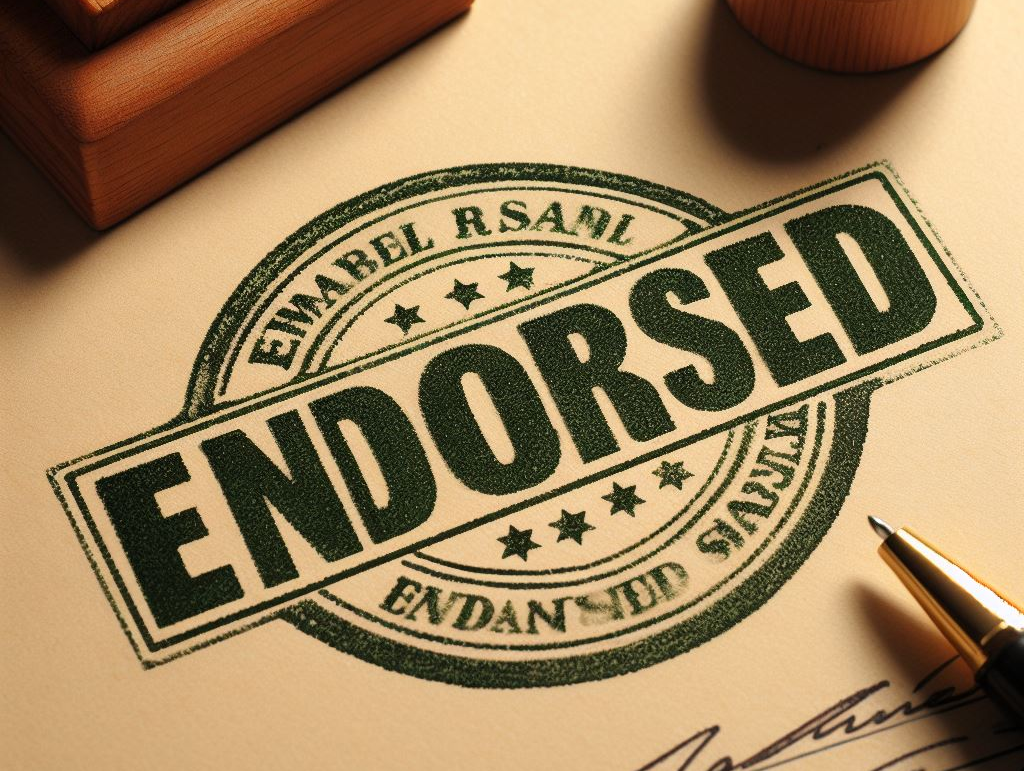

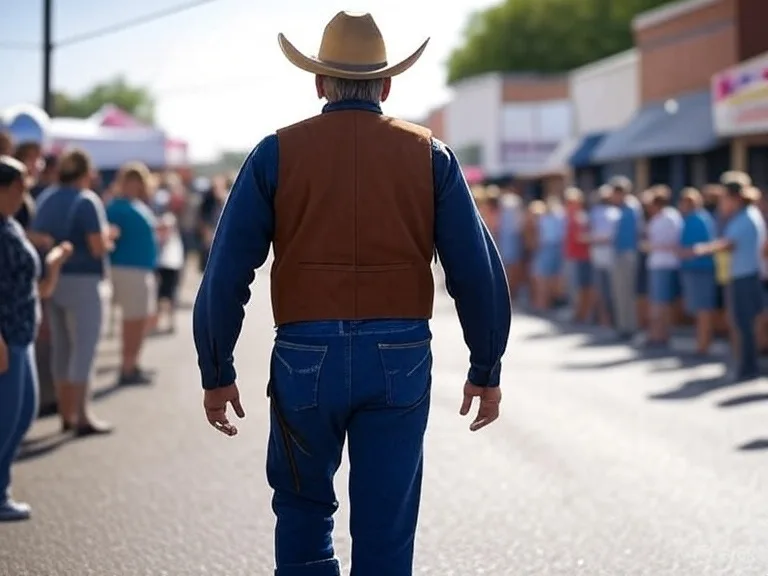
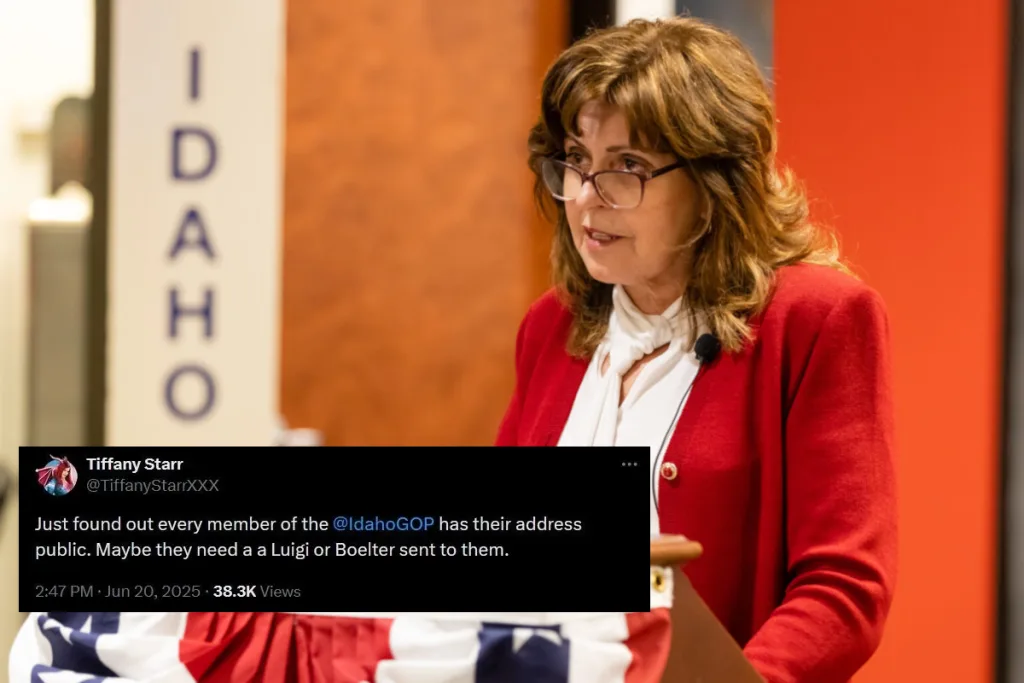


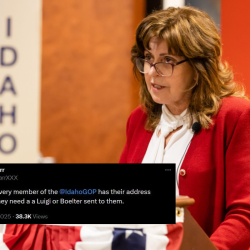

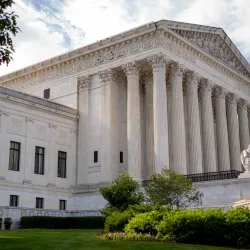
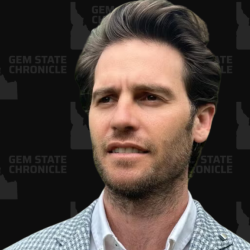
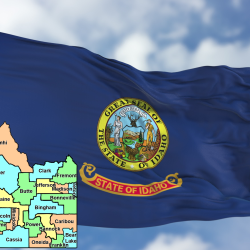
One Comment
Comments are closed.